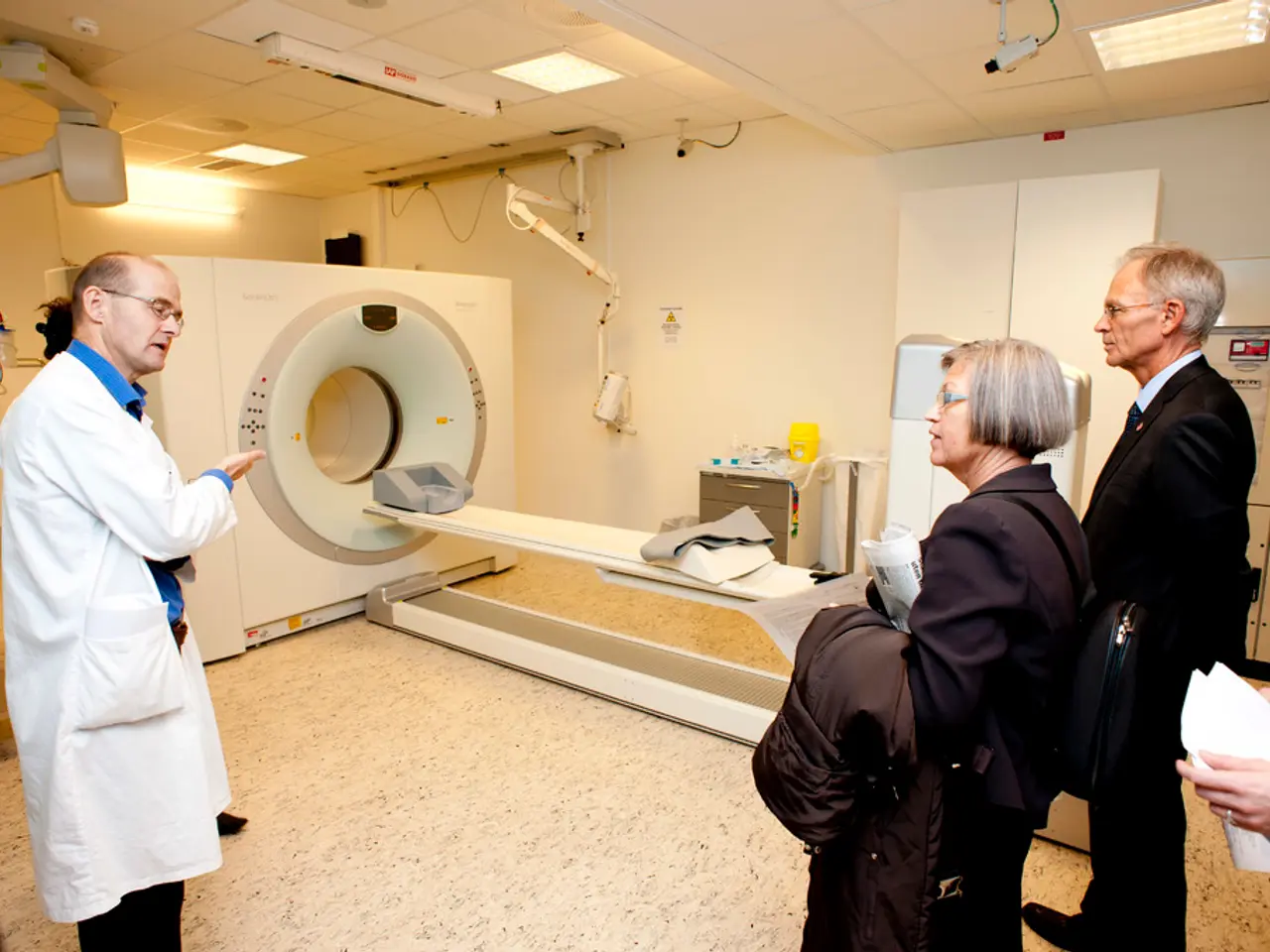Accessing Medical Services in the U.S. for Non-English Speakers
In the United States, it is crucial for individuals with Limited English Proficiency (LEP) to be aware of their rights and the resources available to them. The U.S. Department of Health and Human Services (HHS) has implemented various language assistance services to ensure effective communication between healthcare professionals and LEP individuals.
Title VI of the Civil Rights Act of 1964 prohibits discrimination based on national origin, giving LEP individuals a legal right to access healthcare in their preferred language. Hospitals and clinics that receive federal funding are required to make reasonable steps to provide language assistance, such as interpreters and document translation.
Effective communication is vital for providing safe and high-quality medical care. Miscommunications due to language barriers can increase the risk of misdiagnosis, medication errors, poor satisfaction levels, and inadequate follow-up care. To avoid such issues, LEP individuals are encouraged to request an interpreter or interpretation service during medical care, which is provided free of charge.
The HHS offers a variety of language assistance services, including professional medical interpreters, remote interpretation through phone calls or video chats, material translation, and bilingual staff. Professional medical interpreters are trained professionals who can accurately interpret complex medical terminology, while remote interpretation is useful in emergencies or rural areas. Bilingual staff can assist with communication, but they are not certified interpreters.
Material translation involves transferring written medical information from one language to another, and LEP individuals have found translations of clinical forms to be helpful and beneficial. However, visual aids and translation apps should be used with caution, as they cannot replace professional interpretation.
Refugee, immigrant, and migrant communities may face additional barriers and disparities when seeking medical care, such as cultural differences, lack of insurance, unfamiliarity with the healthcare system, workplace conditions, education, income, and wealth gap. To help tailor services to an individual's culture and language needs, culturally and linguistically appropriate services (CLAS) are available.
When accessing programs with funding from the HHS, these language assistance services are available. To ensure availability, it is recommended to call ahead and confirm interpreter availability. Bringing a translation of medication lists or medical records can also be helpful. Writing down symptoms, questions, and medical history in advance can further facilitate effective communication.
For help with language assistance services, individuals can call a provided phone number where support in multiple languages, including German, Polish, Italian, Japanese, Russian, Serbian, Tagalog, Arabic, French, Urdu, Greek, and Albanian, is offered at no cost. Nearly 26 million individuals in the United States have limited English proficiency, defining it as a limited ability to read, speak, write, or understand English.
Knowing one's LEP rights and the resources available is essential for ensuring effective communication, safe medical care, and improved health outcomes. Family members should not be relied upon for translation, as it can lead to misunderstandings. By utilising the language assistance services provided, LEP individuals can navigate the U.S. healthcare system with confidence and ease.








